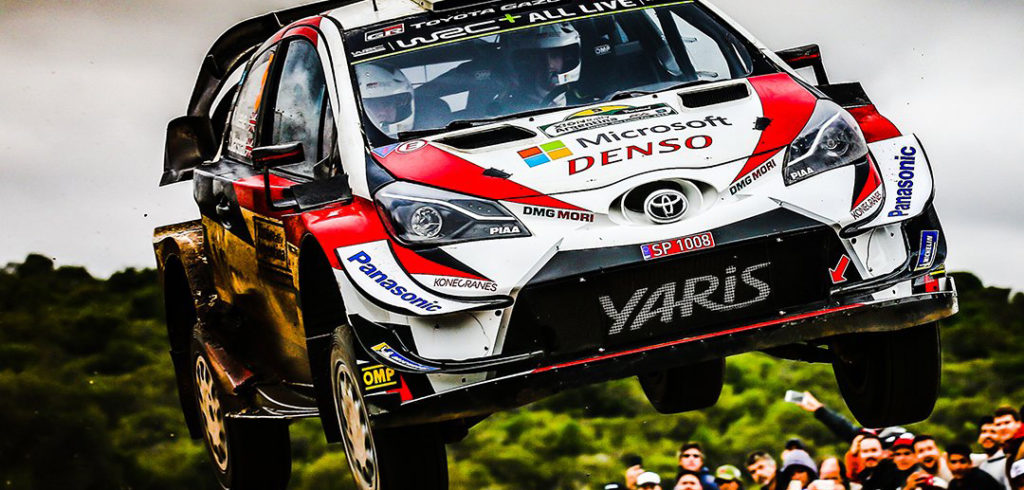Toyota Gazoo Racing has announced that it will not be running a new version of its Yaris, the GR, in the 2021 WRC championship. The team had planned to introduce the new car for one year only, as new rules with hybrid powertrains come into play in 2022.
The GR is the closest any manufacturer has got to a homologation special in recent years. The GR Yaris road car, launched this year, features four-wheel drive and a turbocharged, 1,600cc engine. It also has a very different body shape to a regular Yaris. Its three-door shell has a lower roofline than the standard car, and incorporates significant use of aluminum and carbon fiber in its structure. All of these elements, given the tight constraints on how closely WRC cars must mimic their road car counterparts, have the makings of a potent rally machine.
However, speaking at Rallye Monte Carlo in January, team technical director Tom Fowler denied that the road car was produced solely on the whim of the rally team. “It is actually a different way around from what people might expect. We are involved in rally activity to research and collect data for high-performance road cars. The GR Yaris has some relationship to what we do in WRC. It was not so much us trying to get a special car for rally, rather the road car engineers and our rally team engineers working together to bring back the idea of a four-wheel-drive, hot turbocharged car for the performance enthusiast and bring some of the essence of the rally car.” Though Fowler did admit there were elements of the GR design that were desirable in a rally version, “When we are involved with a car like this, there will of course be some benefits.”
With the GR WRC shelved, development of the 2020 Yaris will continue, with TGR stating that the work undertaken on the GR will help inform its design for a 2022 car. WRC cars, which in 2022 will be called Rally 1, will retain the same base engines as the current machinery, but this will be augmented by a standard hybrid system, which the FIA has announced will be supplied by German company Compact Dynamics, which has supplied MGUs to both Audi in the WEC and Mercedes in Formula 1. The motor, battery and control electronics for the hybrid are to be encapsulated in their own safety cell. The system will have an output of 100kW and one of the tender demands was that cars can be operated on pure electric power in urban sections of rallies.
Final regulations determining the construction of vehicles have yet to be entirely confirmed; they were due for finalization at the June meeting of the World Motorsport Council (WMSC). However, it is likely that teams will have the option to use a full tubular-frame chassis, providing manufacturers with the scope to use body styles that would not currently be eligible.
Currently, the 2020 WRC season is due to resume with Rally Turkey in September, and the WRC promoter and the FIA are currently working to add additional rallies to replace those that have been canceled.



